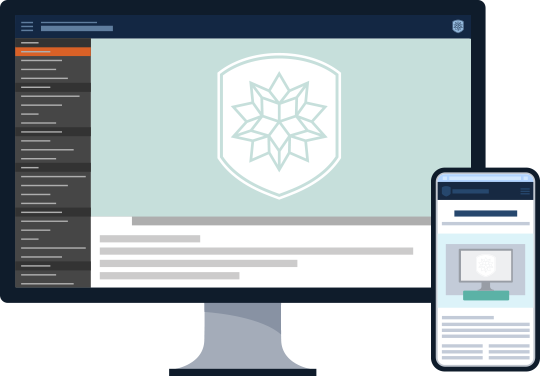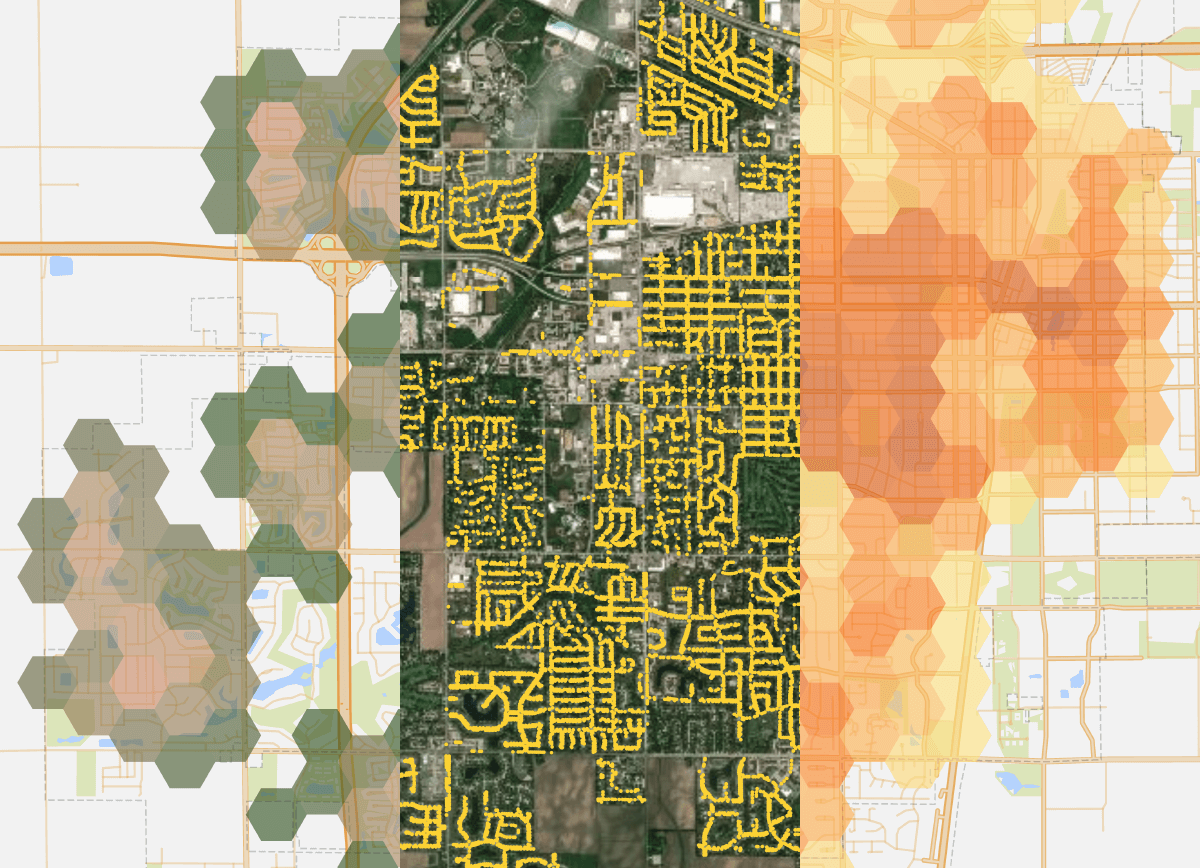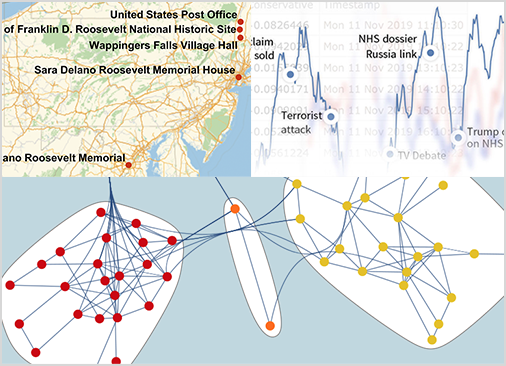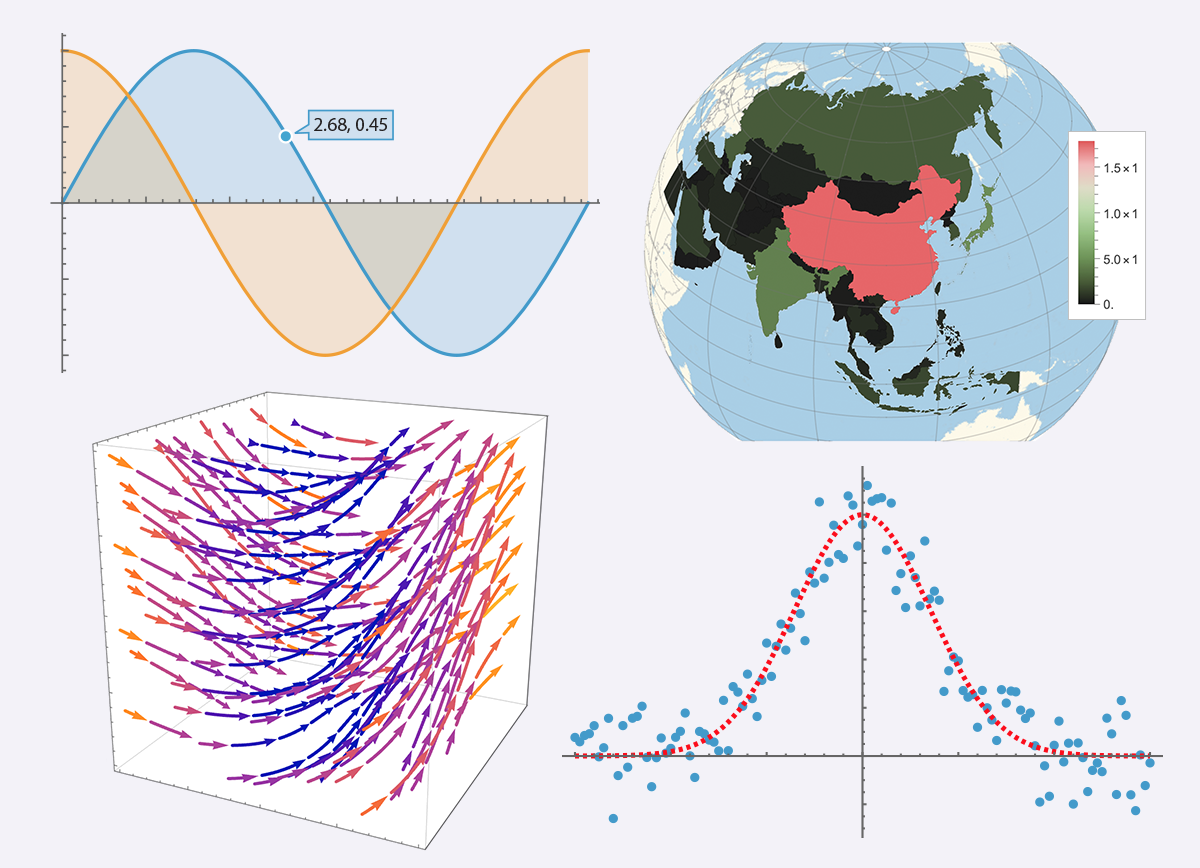All Classes and Courses
Browse the catalog for self-paced interactive courses, video lessons and video courses, as well as scheduled instructor-led sessions, study groups, webinars and special events.
Click any button to browse all catalog resources in a particular area or use the filters to refine your search. Learn about the different course types.

Computation with Structured Data

Computational Physics and Astrophysics with Wolfram Language

Computational Social Science with Wolfram Language

Function and Data Visualization:
A Showcase of Plots, Charts and Graphics

Using Tabular for Efficient Data Processing

Multiparadigm Data Science

Structuring Data Using Associations and Datasets

Visual Explorations in Data Science

Analyzing Real-World Networks in Wolfram Language

Automated Data Science

Becoming a Data Curator

Biodiversity Explorations with Machine Learning
(Study Group Sessions)

Breaking the Boundaries of Data Science

Building a Data Science Pipeline

Building and Applying Epidemiological Models

Business Analytics and Research with the Wolfram Language

Computation for Social Sciences

Computational Zoology

COVID-19 Data Analysis and Visualization

Creating a Data Resource

Creating Compelling Reports

Curating Data and Integrating the Wolfram Data Framework

Data Importing and Exporting Quick Start

Data Science Friday Webinars: Insights from Images

Course Type
- Interactive Courses
- Video Lessons
- Video Courses
- Instructor-led Courses
- Archived and Special Events
Interactive Courses
Also known as MOOCs (massive open online courses), these courses are hosted on the Wolfram Cloud and allow you to interactively explore concepts using Wolfram Language functionality.
Self-paced with progress tracking
Include video lessons, exercises and problems, quizzes, exams and a scratch notebook
Sharable completion certificates available for all courses
Wolfram Level 1 proficiency certifications available for select courses
Video Lessons
Short recorded lessons that provide limited instruction on a computational topic or for using Wolfram tech.
Quick-start videos
Lessons from content experts
A wide variety of beginner-level lessons
Free to watch
Video Courses
Video series that build on preceding lessons to provide comprehensive instruction.
Each video course features a playlist of sequential lessons
Recorded by Wolfram certified instructors
Comprehensive coverage of a particular topic
Free to watch
Instructor-led Courses
Scheduled as online and in-person classes, these courses provide comprehensive instruction guided by a live instructor.
Registration required to reserve your seat
Taught by Wolfram certified instructors
Opportunity to pose live questions to experts in the room
Course completion certificates available
Archived and Special Events
Presentations by Wolfram developers, content experts and instructors.
Webinars on special topics and new release functionality
Livecoding sessions
Wolfram Daily Study Groups
Free to watch
